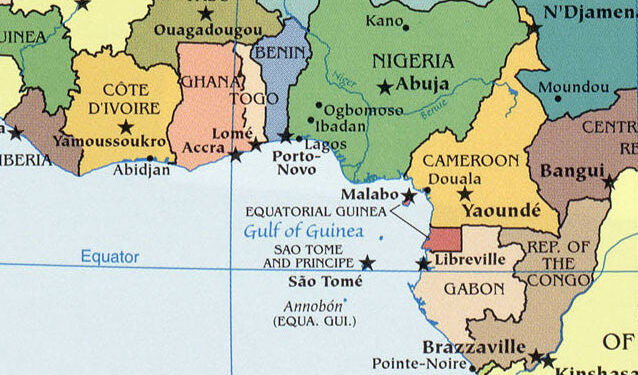BIMCO’s Head of Maritime Security, Jakob P. Larsen, highlighted that there’s no reason to ‘turn a blind eye to piracy’ in the Gulf of Guinea. He supports the establishment of a contact group to fight piracy in the Gulf and protect the shipping industry.
Specifically, Mr Larsen focused on five working groups that could tackle piracy in Gulf of Guinea:
- Naval Cooperation;
- Legal Issues;
- Ship self-defence measures;
- Public diplomacy;
- Coordinated international efforts.
He continued that in the possibility that a contact group is set in Gulf of Guinea and action is taken, piracy could be tackled and extinguished, always following the five building blocks – as mentioned above – to tackle the piracy incidents.
Moreover, placing a contact group in Gulf of Guinea was a cornerstone in curbing piracy, while the number of the incidents and the attacks has been reduced. India was amongst the first ones who proposed the establishment of a contact group in Gulf of Guinea to deal with piracy.
As Larsen commented
The establishment of this type of contact group is something we, from the industry, strongly support … There has been enough talking – we need tangible action.
Another measure in fighting Gulf of Guinea piracy, according to Larsen, is legal steps, meaning prosecution and imprisonment in the region, as according to International Laws any county is able to conduct piracy trials. Therefore, pirates in the Gulf of Guinea could be prosecuted and imprisoned, legally.
In addition, Mr. Larsen noted that in case the contact group fails because of mismanagement of allocated funds, the shipping industry will understand that the region is not ready to receive capacity building.
Mr Larsen concluded
Call me naive, but that is, after all, what a state is about: providing security and prosperity for its citizens … I am certain the many good forces in the region will vastly outnumber the evil.





























































